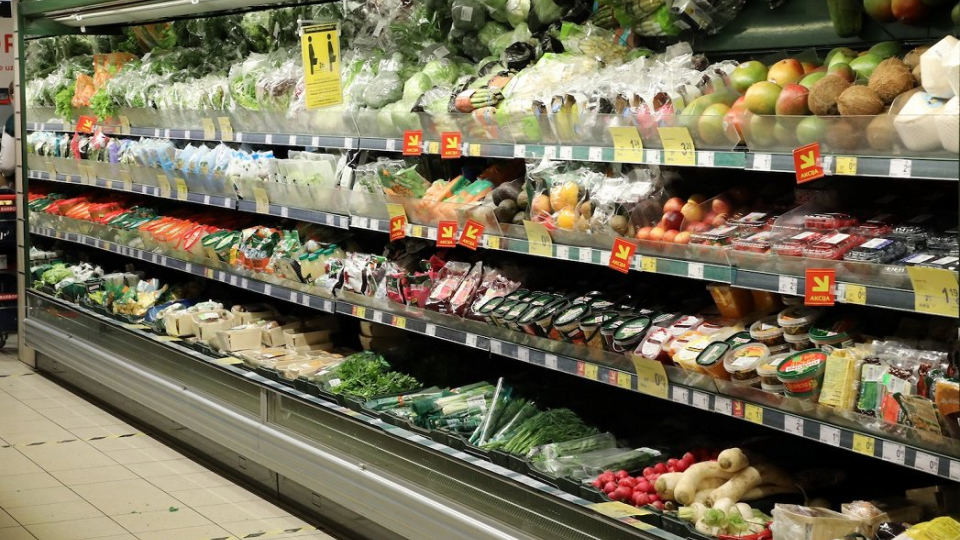Last year, the turnover of both Rimi and Maxima exceeded one billion euros. Rimi increased its profit by almost 6% to 29 million euros, while Maxima managed to increase its profit by an astonishing 85% to 56 million euros.
Maxima spokeswoman Liene Dupate-Ugule stated that the increase in profit is related to a long-term strategy:
"Considering that the economic situation has been quite difficult and challenging, people have looked and are still looking for a way to save. Consequently, two important indicators in retail trade have increased. The first is an increase in the number of customers in stores, and the second indicator is an increase in the value of one shopping basket, or simply put, people have bought more at one time."
Electricity prices also decreased last year, reducing overheads, while improvement of work efficiency also gave positive results. Dupate-Ugule said that Maxima's markup has not changed and that it is very low for basic necessities. Last year, Maxima invested almost half of the profit, or 25 million euros, in its stores and raising wages.
Meanwhile, Rimi spokeswoman Inga Bite explained that the increase was moderate and it was achieved, thanks to newly opened and modernized stores, as well as ensuring the flow of goods through Rīga to neighboring Estonia and Lithuania. Inflation also played a role in revenue growth last year.
"It should be looked at depending on the category and product group. For example, we know well that dairy products experienced various changes last year. There was a strong increase in dairy [prices] with various developments in the global markets, but now the prices of dairy products have decreased significantly," said Bite.
Commenting on the situation, Iveta Liniņa, assistant professor of the "Turība" business school, pointed out that although the entry of German supermarket chain Lidl into Latvia has intensified the competition, there is a need for other serious players to enter the Latvian market: "If they have such an increase in profit, why should they lower their prices?"
The situation in the supermarket sector has also been studied by the Competition Council (KP), which concluded that before the entry of Lidl, the market share of the two largest retailers was over 60%, but the new market player has already taken away the market share from the leaders, provisionally occupying 10-15% and ranking as the third largest retailer on the leaderboard. The KP does not agree that there is a lack of competition in general.
"We could talk about this problem in the event that a new market player had not come to us and the already mentioned Maxima and Rimi would continue to increase their market shares. Then we would go to the level where the price level seems very high to buyers due to other factors affected by, for example, global processes. If there was no player from the outside, then we could talk about a lack of competition," explained Sanita Uljane, head of the Unfair Trade Practices Prevention Department of KP.
However, the KP does note that in certain local neighborhoods of Rīga – the center, Grīziņkalns, Iļguciems, Jugla, and Pļavnieki - competition is limited and more should be encouraged as in these places one retail chain – Rimi or Maxima – accounts for more than 40% of the retail market.
In April the KP said that with regard to meat, eggs and fish products sold by Latvian retailers "goods produced in Latvia were on average subject to higher mark-ups in the retail supply chain than goods produced outside Latvia, and that there were deficiencies in retailers’ cooperation agreements with suppliers. Therefore, the CC calls on purchasers, including retailers, not to abuse their purchasing power, to be vigilant and not to violate the fair trade practices."
Back in March, according to the results of a consumer survey, more than two thirds of respondents have a positive view of competition in the retail market for everyday consumer goods both in Latvia as a whole and in individual neighborhoods of the Riga City. Maxima and Rimi stores together are preferred by more than 70% of consumers. New market participants, mainly Lidl retail stores, also "have a positive impact on the food and essentials market," according to the KP.























